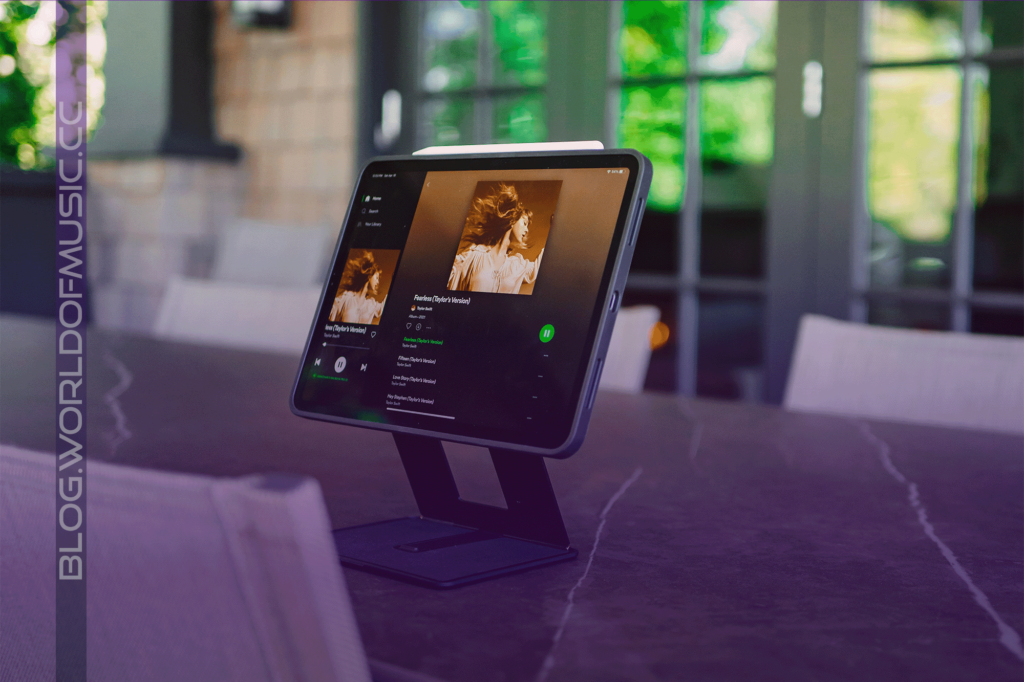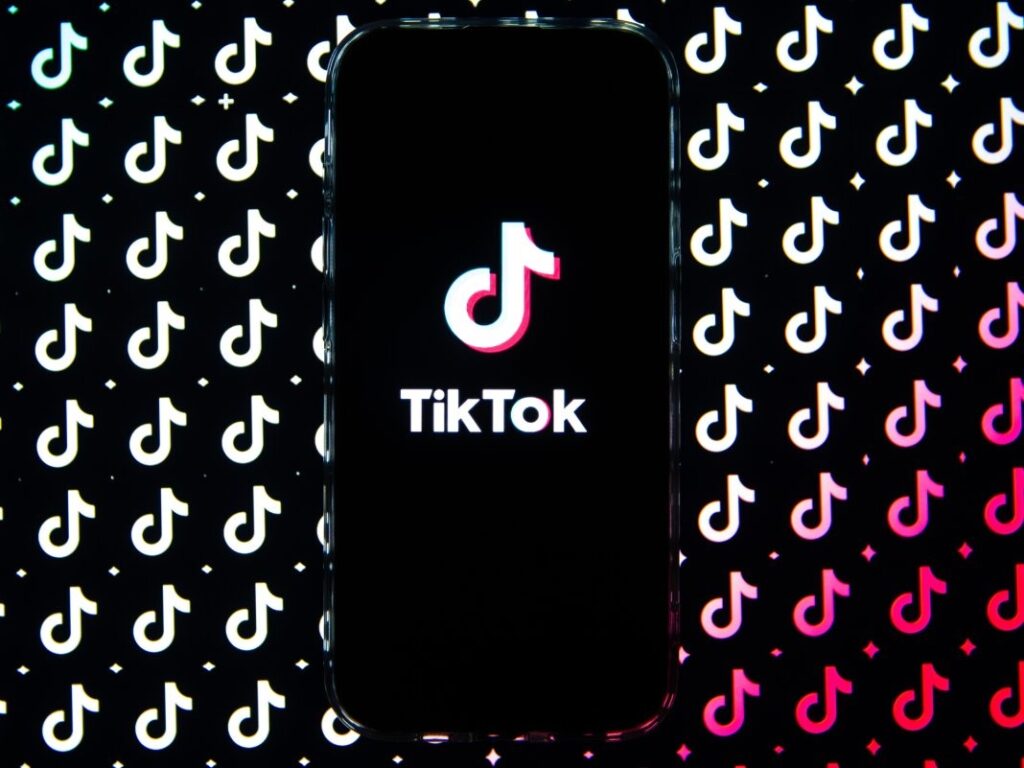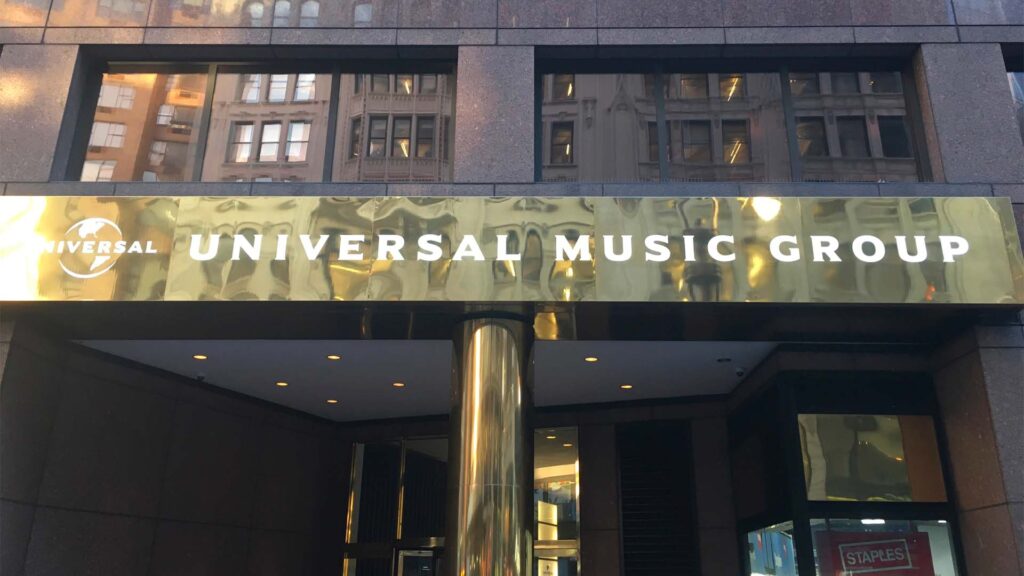Emerging Trends In Music Ownership
Written by WOM writer on March 2, 2023
Anyone can own music and it won’t take millions of dollars—fractional ownership is now a legitimate option.
EVEN IN AN economic downturn, anyone can invest in and own music.
In the past, music ownership traditionally resided with five entities: major labels, independent labels, publishing companies, artists and talent managers. Now, the tide has shifted with catalogs selling for record numbers: Justin Bieber ($200 million, Dr. Dre $200+ million and the biggest figure to date is Bob Dylan at an estimated $300-$400 million). Emerging catalog owners range from brands, Venture Capitalists, NFT marketplaces and the newest category: the everyday fan looking to make a return on their favorite artist or genre of music.
With new platforms entering the marketplace such as Royal and JKBX, song ownership can now be owned by anyone. This marks a seismic shift in an industry that traditionally was very guarded in master ownership and the artists themselves fighting to have a stake in their works. These new fan-centered song ownership platforms are walking so Web3 can run. With some of the pillars around Web3 being ownership, transparency around transactions and no centralized unit controlling everything, it’s clear that we’ve entered into a new era.
The Takeaway: Anyone can own music and it won’t take millions of dollars—fractional ownership is now a legitimate option. Think Robinhood meets the music industry.
Outside of fan ownership, artists are continuing to have more options to receive funding and resources outside of a traditional major-label relationship. With an increase in independent distribution options, major labels are forced to offer artists and label services to remain a viable option to partner with the next crop of artists. This is evident in recent transactions by Universal Music Group acquiring MTheory’s label division to support artists and their entrepreneurial endeavors. In addition, Santa Anna, an artists and label services startup, has been launched by Alamo boss Todd Moscowitz in partnership with Sony Music. Two different transactions with the same mission: support artists and their pursuits in, out of and around music. This signals that labels no longer are able to build guardrails around artists and the ownership of their music; they now have to go above and beyond to not only provide funding but provide resources and bespoke services as the ownership landscape becomes more competitive.
But what’s next? Surely, everyone’s favorite cash cow is Hipgnosis, a “fund specializing in building a diversified Portfolio, acquiring Catalogues that are built around proven hit Songs of cultural importance by some of the most talented and important Songwriters globally.” To date, Hipgnosis has acquired over 140 catalogs (65,000+ songs), mostly with Rock and Pop making up over 60%. This fund has certainly taken the first-to-market approach, with other firms quickly galvanizing funds to find what other opportunities are left.
In most industries, the goal is to get as many customers as possible, but once there are too many competitors, new entrants start to look for niche advantages in that given market. For example, the rideshare industry that is heavily dominated by Uber and Lyft now has very specific offerings for passengers who are traveling with children only or another rideshare option focused on airport pickups and drop-offs. With Hipgnosis going after superstars and legacy acts with nine-figure transactions, there is ample room for newer and developing acts who won’t command those types of figures to leverage their ownership as well to prospective buyers. In addition, Rap & Hip-Hop are at the bottom of Hipgnosis’s acquisitions, making up less than 1%—our deep-pocketed Hip-Hop legends (Jay-Z, Sean “Diddy” Combs, etc.) may see that the opportunity is ripe to have a stake in the number one streaming genre.
Now more than ever, music ownership looks vastly different than we’ve ever seen. At the core of it, fans now have access to ownership and non-traditional players are entering the scene. What hasn’t been answered is how these new owners will become experts in distribution, marketing, synching and other ways to profit from music. This is still an area that major labels have mastered when it comes to the numerous ways to leverage music IP.
There have been a few non-traditional entities who are entering the music space that have heavily invested in their synch departments as a way to leverage the assets they own. As synch revenue has soared over the years, this is an area of the music industry that has not only proved to be incredibly profitable but also contains built-in marketing by being able to promote the featured song in a TV show or film that has a multi-million dollar marketing budget.
Another option that has incentivized others to get into the music industry has been real estate, whether it be physically or in a holistic manner. For example, the W Hotel has a record label where they are signing artists and distributing and marketing by way of the spaces they own. The W Hotel can have their artists playing in the hotel lobby, the welcome screen on the TV upon check-in and even strategically placed QR codes throughout the rooms and other common spaces. Owning space that can host music in all its forms provides a distinct advantage over traditional record labels, simply by way of not having to ask for permission to feature the music. Whereas if a record label wants to get the music they own in spaces they don’t own, there are numerous approvals they need and likely a fee attached as well.
Music ownership has always been a debated topic in entertainment circles, but as we move forward with platforms like Soundcloud moving towards fan-powered royalties and Web3 platforms allowing music drops via NFTs, it’s a natural progression for other players with deep funding to get into the space to own an asset that is trending and constantly being reimagined. For the first time in music history, the fan, the artist and the record label can own a piece of the same song.
Source: Benoni Tagoe – rollingstone.com





